Detox Cleanse for Health and Wellness
by Dr Sonia Russell EdD, MISMA, MAC, Ch.Ed(Nutr.Ad)
Detoxification: How Important is It?
The Liver
The liver has many functions. As well as destroying old blood cells, the liver plays a vital role in digesting the food consumed. The liver produces bile, and bile emulsifies fat. To ensure that there is never too much sugar in the blood, the liver also stores surplus glucose. This is extremely important because too much sugar in the blood leads to diabetes. Unfortunately, sufferers of diabetes develop the condition when the pancreas and equally the liver are no longer functioning as they should.
Why You Should Detoxify Your Body
Unfortunately, accumulated stress and stressful situations will also take its toll on the required, optimum health of your liver. As toxic waste builds up in the liver, side effects can and do occur. Some effects, such as bad breath are perhaps seen as being less serious. However, other side effects are clearly more serious, chronic fatigue, excessive migraines, palpitations, and excessive perspiration, could be signs of a toxic liver. If in doubt, it is advisable to speak with your physician. Should toxicity indeed be the problem, below you will find three steps to consider in order to cleanse your liver, your mind, and promote improved health and wellbeing.
Detoxification Programmes
Cleansing the Bowel
Owing to your busy lifestyle, you might be asking how can a liver cleanse be undertaken?
The good news is, it is easier to do than you might think. Eating a healthier diet, a short fast, and a digestive supplement could be all that is required. With regards to a digestive supplement, you could consider taking a probiotic which is also available in non-dairy form. “Lactobacilli or Bifidobacteria have a beneficial effect,” states Plaskett, “not only on the bowel but also on the function of the liver” (Plaskett, 2003:7).
Consider Fasting
1) Drink a variety of green juices for a day.
2) Eat a combination of fruit and vegetables for between one and three days.
3) Follow a strict vegan diet, which avoids, in addition, the consumption of wheat for 10 days to 30 days.
Caring for the body and mind is an on-going process. Nonetheless, it is possible, even with a busy lifestyle to make those important changes. As Holford (2005) states, “the good news is that regular detoxification may help to restore and maintain optimal liver function” (Holford, 2005:314).
Contact Sonia. Let’s Talk
Perhaps you would like support to help you to cope and improve you’re your mental wellbeing, to avoid burnout, and reduce stress. Learn how to or your health and wellbeing in general, let’s talk.
You can contact me by email at Leap to Health, Inverness, info@leaptohealth.co.uk
